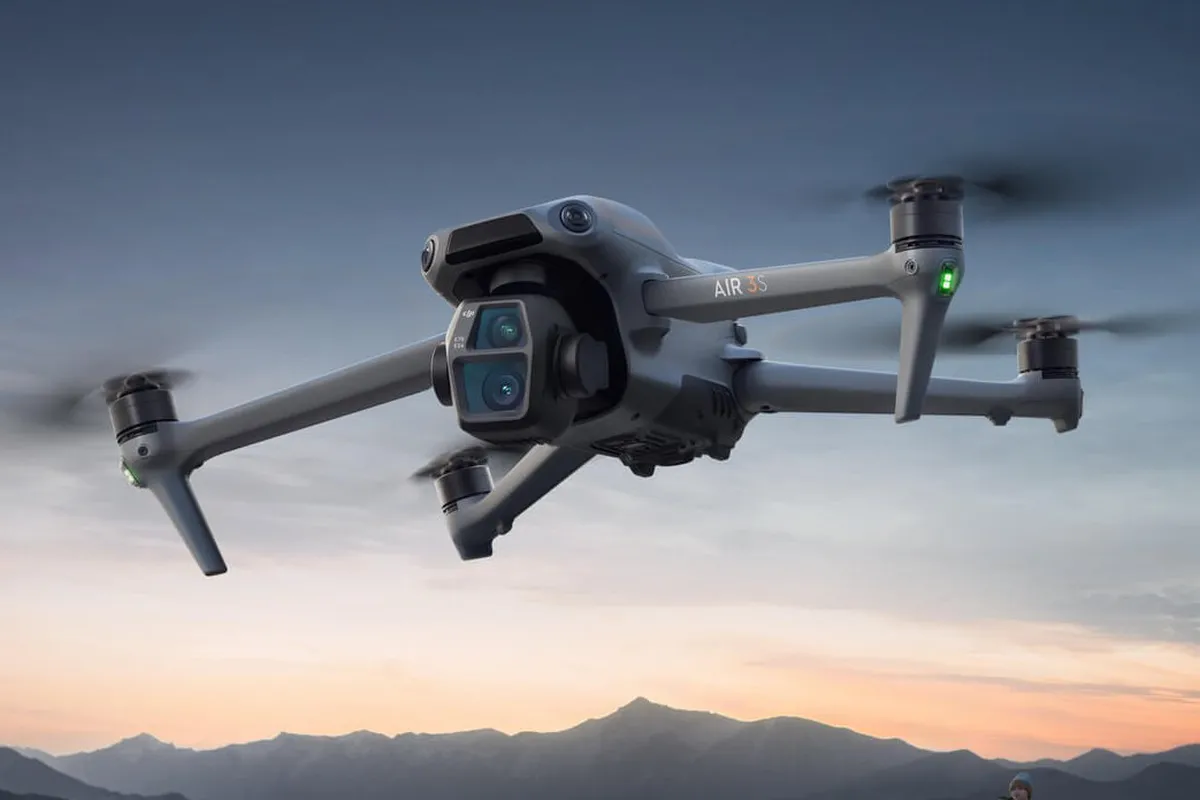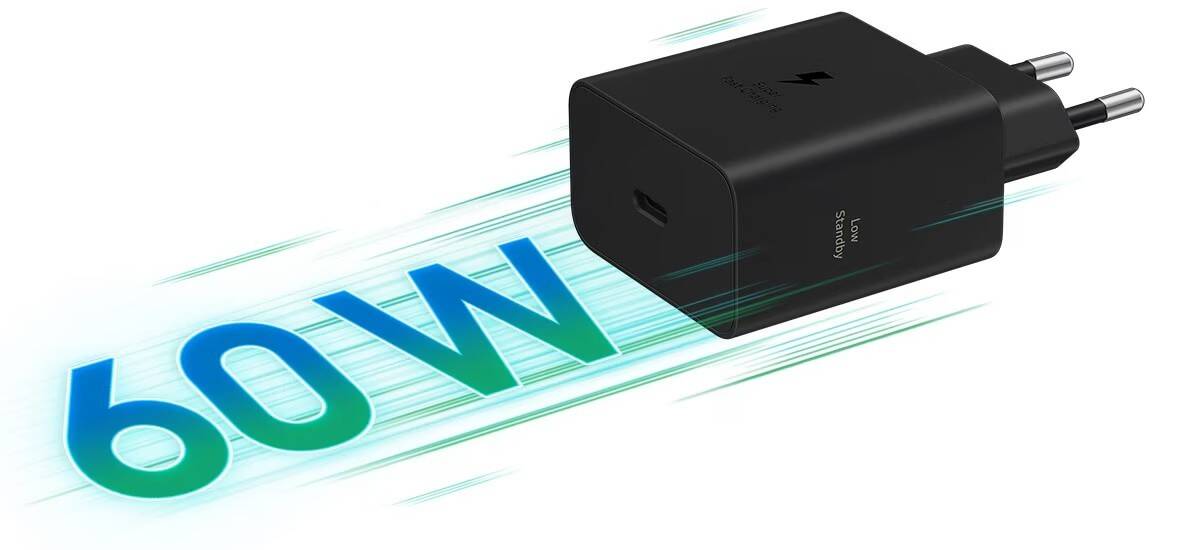DJI claims U.S. Customs is blocking imports of its drones

DJI has run into problems importing its drones into the United States. While Congress has not yet banned the importation of DJI drones, the company claims that the Chinese-made products are being scrutinized. A DJI spokesperson said the company is currently unable to freely import all of its drones into the U.S., making it particularly difficult to sell the new Air 3S consumer drone, which will not yet be available at retailers.
Air 3S.
Reason for import restrictions: Checking Chinese goods
.
DJI says the import restrictions are not due to an official ban, but to a “wide-ranging initiative” by the U.S. Department of Homeland Security to verify the origin of goods, especially those made in China. The company believes such actions are part of that initiative, and emphasizes that this applies not only to drones, but also to other Chinese goods.
And it’s not just drones, but other Chinese goods as well.
Recently, DJI sent a letter to distributors explaining one possible reason why the U.S. Department of Homeland Security is blocking some drones. According to the letter, Customs cites the Uighur Forced Labor Prevention Act (UFLPA) as the basis for restricting imports.
According to the letter, the Department of Homeland Security is also citing the Uighur Forced Labor Prevention Act (UFLPA) as the reason for restricting imports.
Denying the Use of Forced Labor: DJI’s Position
In a letter that has been heavily discussed on themed forums and social media, DJI claims that it does not use forced labor to manufacture its products. Today, the company confirmed the authenticity of the letter through its spokesperson Daisy Kong in an interview. Also on its official blog, DJI calls the situation a “misunderstanding” and says it is sending documentation to U.S. Customs to prove that the production of its drones is not linked to regions where forced labor is used, including Xinjiang.
And it’s not using forced labor.
DJI emphasizes that its products are made exclusively in Shenzhen and Malaysia, and that the company’s supply chains are audited by U.S. retailers. The company is also not on the UFLPA’s list of entities subject to the law, but was previously listed on the U.S. Department of Commerce’s List of Entities due to allegations of supplying drones to the Chinese government to monitor the Uighurs.
Possible ban by the U.S. Congress
Although the U.S. Congress has already passed a bill that could ban the importation of DJI drones, the ban still has to pass through the Senate. The DJI ban clause was previously removed from the Senate version of the bill, but it was reintroduced as an amendment and could make it into the final version of the bill, which is set to be passed in 2025 as part of the National Defense Authorization Act.
An amendment to the bill could be included in the final version of the bill.
Even if Congress passes legislation to ban imports of DJI drones, current owners will be able to continue using their devices. However, the FCC would not be able to authorize new DJI devices with radio modules for use in the U.S., effectively blocking their importation.
The law would also block the importation of DJI drones.
DJI Drone Problems: Major blow to corporate and agricultural models
The company explains that ongoing customs issues have primarily affected corporate and agricultural drones, but also now limit the ability to offer the new Air 3S to U.S. customers outside of the official DJI.com website. DJI is actively working with U.S. Customs to address this issue and hopes to have it resolved soon.
Air 3S.
“We are actively working with the U.S. Customs Service to resolve this issue and remain optimistic that it will be resolved soon,” the company said in a statement.
“We are actively working with the U.S. Customs Service to resolve this issue and remain optimistic that it will be resolved soon,” the company said in a statement.
History of the U.S. government’s standoff with DJI
The cases of the US government restricting the import and use of DJI products are not new. Previously The U.S. Department of Commerce has placed the company on the Entity List, which restricts the ability of U.S. companies to export their technology to DJI. Additionally, certain government agencies in the US already have restrictions on the purchase of new DJI drones. However, despite this, the company’s devices continue to be popular among private users and retailers, as the current restrictions do not prevent them from being sold and used in the U.S.
The company’s devices are still popular among private users and retailers, as the current restrictions do not prevent their sale and use in the U.S.
If the congressional proposal to ban DJI does become law, it will have a major impact on the drone market, especially if the FCC blocks the authorization of new devices. U.S. consumers and companies would then be forced to look for alternatives.








